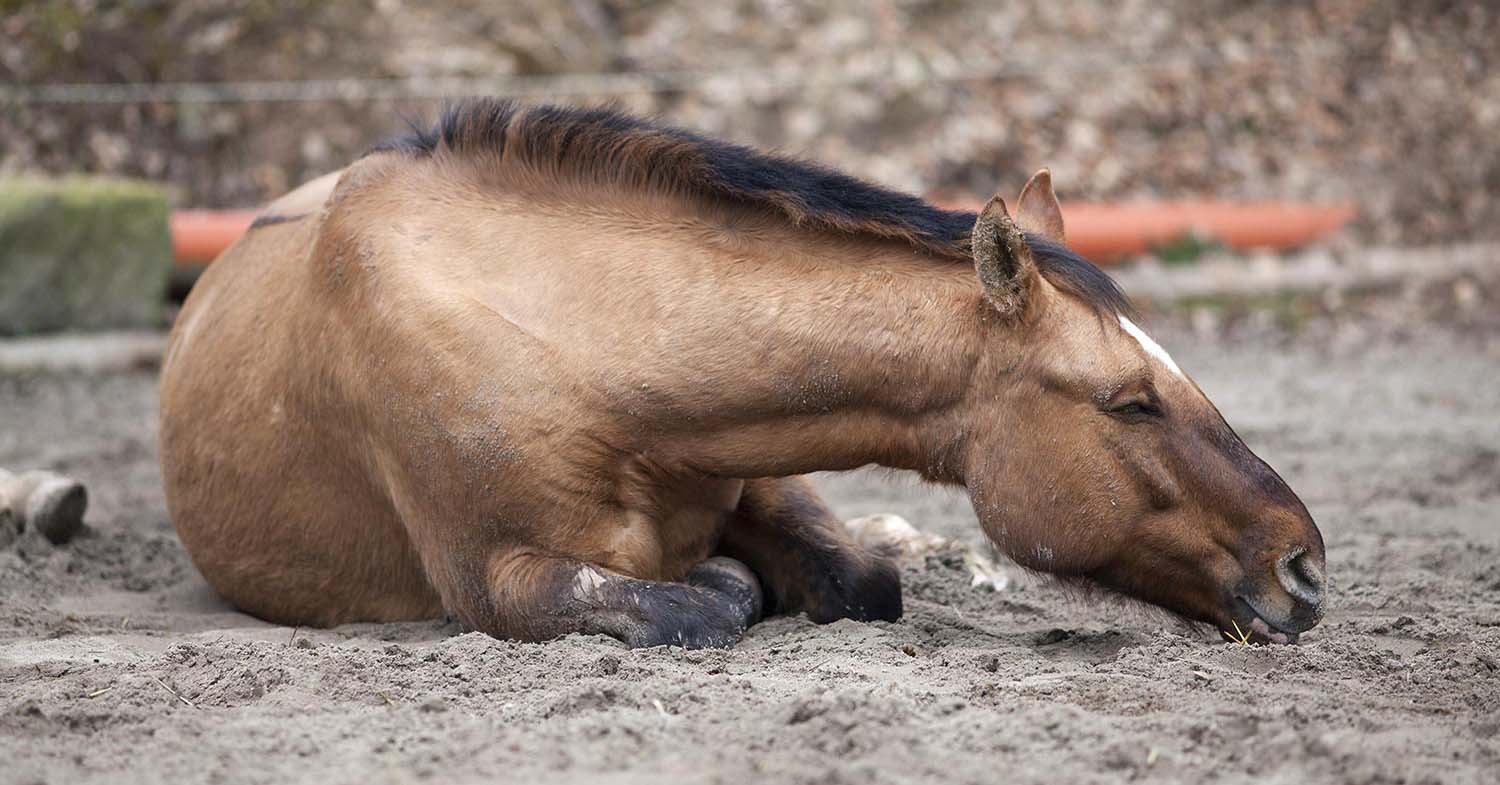Gastrointestinal disorders
Includes content relating to the diagnosis and treatment of colic, as well as equine gastric ulcer syndrome.
Equine gastric ulcer syndrome (EGUS) is a prevalent condition affecting all types of horses and … more
Rosemary Waring discovers how racehorse dietary changes affect their gut health.
Jamie Prutton provides an update on common conditions affecting horses’ stomachs, as well as diagnostics and treatments.
Mark Bowen discusses current understanding of dysbiosis and why opportunities to treat it can benefit equine intestinal health overall.
David Rendle discusses developments in the options for medically treating and preventing this condition in horses.
Colic Awareness Week 2022 (3 to 9 October) is part of the REACT Now to Beat Colic campaign, run by The British Horse Society in conjunction with the University of Nottingham.
Plenty of articles have discussed the causes and treatments of equine gastric ulcer syndrome (EGUS), but few consider the complications of this high-incidence disease, as well as the steps owners can take to improve the animal’s outcome. In this article, Jamie Prutton reviews some of the recent literature discussing EGUS – including its aetiology, potentially additional risks that come with it, the future for diagnostic assessment, and the importance of client compliance with diagnosis and treatment.
Karin Kruger discusses the diagnosis, management and treatment of such conditions, including gastric ulcer syndrome.
Ben Sykes reviews the evidence that exists for equine squamous gastric disease and equine glandular gastric disease (EGGD) as a cause of poor performance to challenge this assertion, and reviews updates in the management of EGGD.
Karin Kruger discusses equine gastric ulcer syndrome, which is currently differentiated into two distinct disease syndromes that require their own strategies from equine vets.
David Rendle discusses a selection of alternative treatments identified for managing this highly prevalent condition in horses.
Emily Haggett reviews a general approach to the horse with suspected intestinal disease, with a focus on clinical signs that suggest underlying intestinal disease.
Veronica Roberts discusses indications, techniques, risks and sample interpretation around this common equine procedure.
Zoë Gratwick discusses the diagnosis of tapeworm and strongyle infections, as well as when to use anthelmintic treatments.
Emily Haggett offers a brief review of the underlying causes of this common issue, as well as updates on research into therapies.
Karin Kruger provides tips to help general practitioners assess colic patients and reviews literature on common treatments.
David Rendle discusses the endoparasites associated with this common presentation and how good management strategies should ensure infrequent use of anthelmintics aimed at prevention.
Jamie Prutton discusses approaches to treating gastric ulceration and investigating weight loss, and analyses study findings.
A common cause of death, colic is the clinical presentation of abdominal pain – and more than 100 disorders can result in the syndrome. Tim Mair offers practical guidance.
Tim Mair discusses the evaluation of horses showing clinical signs, challenges that can arise when choosing the appropriate treatment, and the need to promptly refer surgical cases.

